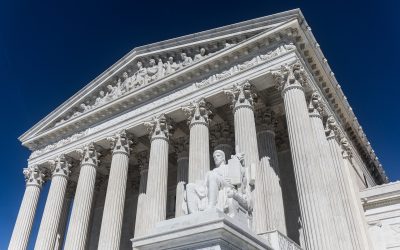Sen. Ted Cruz has long been a critic of social media, claiming that they censor conservative content on their platforms. He has suggested using the anti-trust laws to stop companies like Facebook, Twitter, and YouTube from operating their businesses as they choose. Forcing companies to allow content is the flip side of prohibiting them from expressing certain ideas. These are the two side of the censorship coin.
Now, Cruz is indicating that he may want to turn the coin over and dictate what ideas private organizations can legally express. When Elmo, the furry red Muppet, announced that he had been vaccinated, Cruz tweeted, “You have Elmo aggressively advocate for vaccinating children UNDER 5. But you cite ZERO scientific evidence for this.” Cruz is outraged that a children’s show has the audacity to express ideas with which Cruz disagrees.
Cruz has not openly called for silencing Elmo or anyone else who suggests that children be vaccinated. But he has already demonstrated his willingness to control what social media companies allow on their platforms. His is willing to use force to mandate the expression of certain ideas. It is but a small step to use force to prohibit the expression of certain ideas. Either a mandate or a prohibition regarding the expression of ideas is a violation of freedom of speech—censorship.
Freedom of speech means that one can express and support ideas without reprisal from government. Censorship occurs when individuals are punished for the ideas that they express or support. Social media companies cannot censor because individuals remain free to express their ideas in other ways.
If a Christian book publisher is forced to publish books on atheism, his right to free speech has been violated. He is not free to support the ideas of his choosing. If a Leftist lecture hall owner is forced to allow capitalists to speak in his venue, his right to free speech has been violated. He is not free to support the ideas of his choosing. If social media platforms are forced to allow content with which they disagree, their right to free speech has been violated. They are not free to support the ideas of their choosing.
If we truly want to protect free speech, then we must accept the fact that others may express ideas with which we disagree. They may refuse to allow their property to be used to express ideas with which we agree. However, if we truly want free speech for ourselves, then we must defend free speech for others. We must reject the two sides of the censorship coin.




